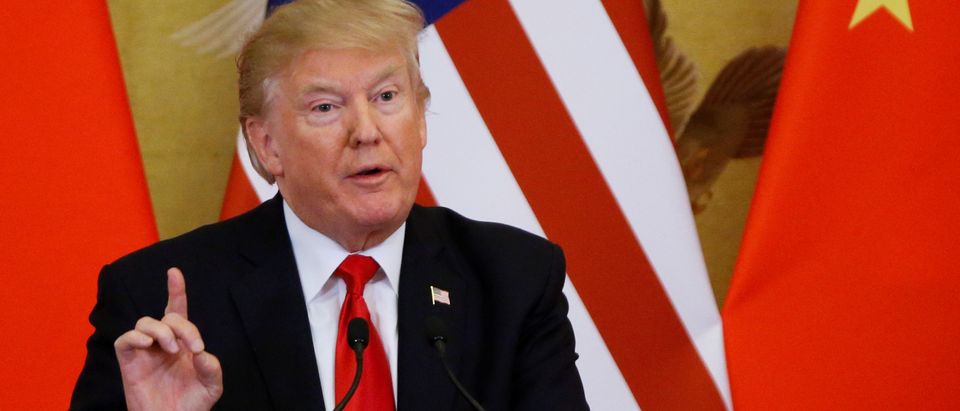China’s secret strategy to use targeted tariffs as a means to divide various groups who support President Trump politically has been exposed in leaked government plans.
“We stop negotiation for now, acting tit for tat, roll out corresponding policies, hold public opinion at a good level without escalating it, limit scope, and strike accurately and carefully, splitting apart different domestic groups in US,” the leaked document states.
The leaked document is a propaganda notice that the Chinese government issued to the media, and was recently published online by China Digital Times. The notice is representative of China’s response in an ongoing trade war between The United States and China. America is poised to strike China with $34 billion worth of tariffs on goods in the coming days, and China has vowed to retaliate with tariffs totaling to the same amounts, The Hill reports.
While there has been intense speculation on whether China was serious about its threats of retaliatory tariffs, this leaked document has confirmed suspicions that the Chinese tariffs would be targeted attempts to undermine American industry. The notice explains China’s desire to use these tariffs to negatively impact certain American industries that are heavy in Trump’s base to create domestic discontent in the President’s policies.
“The trade conflict is really a war against China’s rise, to see who has the greater stamina. This is absolutely no time for irresolution or reticence,” Vice Premier Liu states in the leaked document.
Agriculture is a prime target for Chinese tariffs, and many US lawmakers warn Trump that it would be the first industry to suffer because of his aggressive economic policies against China.
China has previously placed tariffs on goods like soybean and sorghum, both of which are massive exports from the midwest. The midwest was a huge voter base for Trump during the 2016 election, so adverse effects to the regional economy due to these tariffs on goods could lead to a drop in support.
The chair of the Senate Agricultural Committee, Sen. Pat Roberts, told The Hill in March,”Every time you do this, you get a retaliation, and agriculture is the No. 1 target. I think this is terribly counterproductive for the ag economy.”


